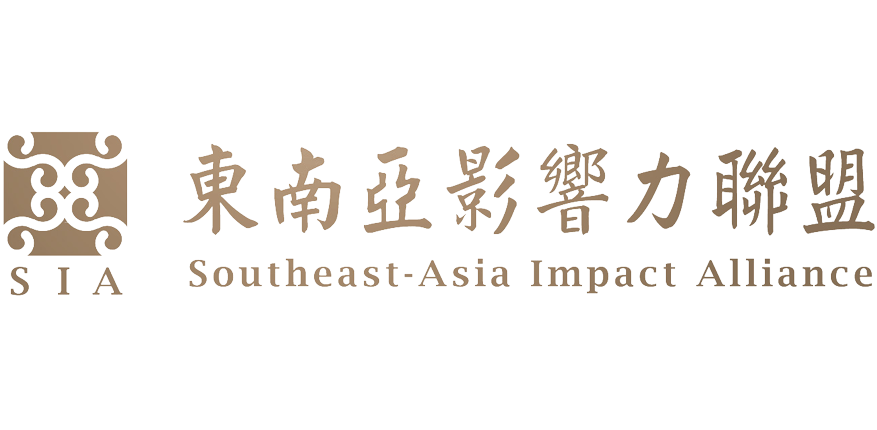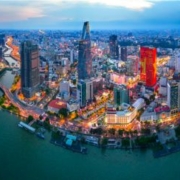Vietnam Investment: Vietnamese Real Estate Investment
The first recommendation for investment in Vietnam is investing in Vietnamese real estate. In recent years, Vietnamese real estate has become one of the hottest industries in Vietnam. The real estate market in Vietnam has seen rapid development, especially in luxury residential projects in the central districts of Ho Chi Minh City, where explosive growth has occurred in recent years. This has attracted many overseas investors from China, Hong Kong, and Southeast Asia to seek investment opportunities in other cities and areas of Vietnam, with real estate investment in Hanoi being a preferred choice among overseas property investors in recent years.
The Vietnamese government has actively promoted reforms and open policies in the real estate market, offering various investment incentives and favorable policies to attract both domestic and foreign investors to invest in Vietnam. What are the different submarkets for real estate investment in Vietnam? Real estate investment in Vietnam can be divided into several submarkets, including residential, commercial, office, industrial, and more. In recent years, many investors have taken an optimistic approach to investing in the Hanoi real estate market, as Vietnam has been actively developing Hanoi, similar to how Melbourne in Australia has been catching up with Sydney in terms of economic growth and population in recent years.

The first recommendation for investment in Vietnam is to invest in Vietnamese real estate (Image source: Tron Le@unsplash)
Advantages of Real Estate Investment in Vietnam
1. Vietnam’s population exceeds 100 million, with a median age of around 30 years old, indicating a significant young workforce. This demographic dividend is a major advantage, as there is substantial domestic demand for real estate.
2. Foreign investment continues to rise, benefiting from Vietnam’s population, as more and more companies establish factories in Vietnam, contributing to economic and urban development.
3. Vietnam’s infrastructure is flourishing, with the first railway in Hanoi opening at the end of 2021, and eight more subway lines planned for the future. This development stimulates urban growth and stimulates the real estate market. Purchasing property in Hanoi, Vietnam, has become a new investment trend.
4. Vietnam’s real estate market has rapid growth potential and a promising outlook. According to data from the Vietnam General Statistics Office, the real GDP growth rate has consistently remained above 5% for the past decade. Additionally, the Vietnamese government actively promotes economic reforms and open policies, providing various investment incentives and favorable policies.
5. Compared to real estate in Hong Kong, property prices in Vietnam are much more affordable. Investors can acquire real estate with high growth potential at lower prices.
6. Vietnam’s mortgage policies are open to foreigners, allowing individuals from different countries to purchase property in Vietnam.

In recent years, many foreign investors have been investing in Vietnamese real estate (Image source: Peter Nguyen@unsplash)
Risks of Investing in Vietnamese Real Estate
1. The Vietnamese government may modify real estate-related laws and regulations, such as taxation policies, at any time.
2. The Vietnamese real estate market is highly competitive, and investors need to understand the local market conditions and competitive environment.

The Vietnamese real estate market is highly competitive, and investors need to understand the local market conditions and competitive environment (Image source: Minh Minh@unsplash)
Considerations for Investing in Vietnamese Real Estate
1. Understand the basics of the Vietnamese real estate market, investment conditions, and risks.
2. Choose the right investment project by understanding property details, location, market demand for rentals and sales, and potential returns on investment.
3. Be aware of market and policy risks and stay updated on market dynamics and policy changes.
4. Comply with relevant investment regulations and laws in Vietnam to ensure legal and compliant investment activities.
Refer to the original post here
For additional details, refer to our SIA services | Link



